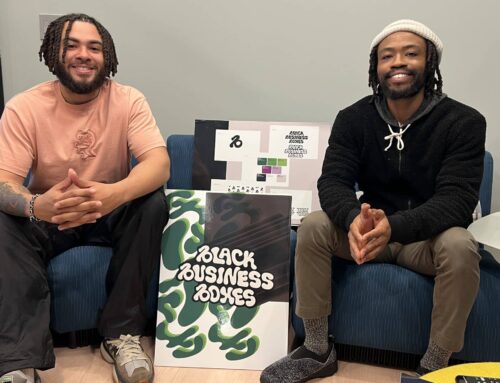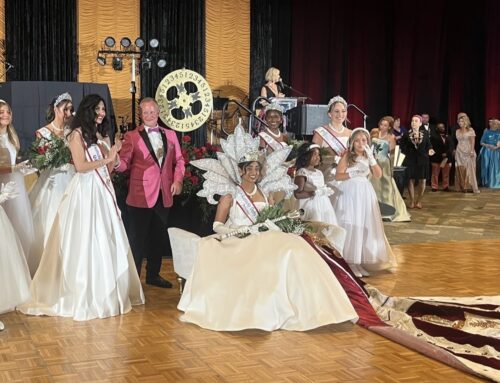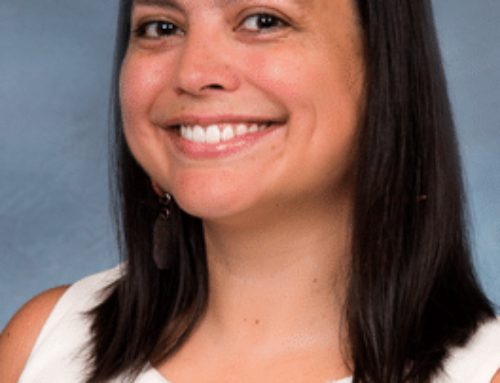By Eleanor Ferguson
U of L students who rallied and protested Senate Bill 6, colloquially known as “the anti-DEI bill” may be taking a hard-earned victory lap.
The bill would’ve eliminated race-based scholarships, required courses, and DEI training, yet could not get put to a vote in the State legislature.
Diversity, equity, and inclusion won’t be torn from U of L easily.
Savannah Dowell, a sophomore Women and Gender Studies, History, and Humanities major, is relieved the Senate and House Republicans were “too busy infighting to get any anti-DEI legislation passed this year.”
SB 6 was personal for Dowell. If the most recent version had passed, she likely would not have been able to finish her degree in-state.
“So here I was, trying to juggle my coursework and my life, and the very possibility of finishing the degree I wanted in the Commonwealth I love was vanishing right in front of me. I would have done it, but transferring would have thrown my entire world into chaos,” she said.
If the bill had passed, Dowell wouldn’t have been able to graduate debt-free. It made her “indescribably angry.”
Counseling Psychology graduate student Deanna Robertson moved here from Louisiana. She has some “tempered excitement” now that the bill has failed. She’s proud of the organizing students did, and how much faculty and staff supported them “despite administration not having a stance of support.”
She didn’t expect the bill to fail but takes this as a win—even though she doesn’t think this is the last time we’ll see bills like this.
When asked for comment, Executive Director of Communications John Karman forwarded a statement signed by U of L President Kim Schatzel, Executive Vice President and University Provost Gerry Bradley, and Vice President for Institutional Equity Lee Gill:
“We remain committed to a relentless pursuit of a campus that removes barriers to access and supports completion of their degrees for ALL our students – inclusive of all races, religions, ethnicities, ages, ideologies and abilities – as well as veterans, LGBTQIA+, refugees, Pell-eligible, first generation, rural, adult learners and others.”
Photo Courtesy // University of Louisville






